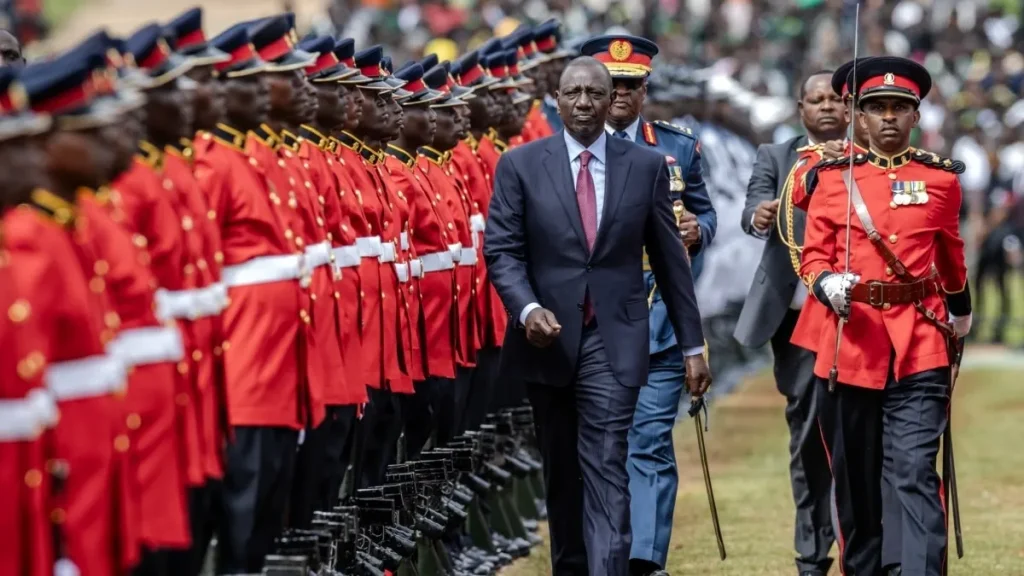Kenyan President William Ruto insists that the planned mission to Haiti will proceed soon, despite a recent court ruling against the deployment of police.
Opposition leader Ekuru Aukot, who successfully challenged the deployment in court last week, accused President Ruto of planning to defy the court ruling. Aukot contends that the president can only deploy the army, not the police, for such missions.
The court declared the mission illegal, emphasising that the National Security Council, led by the president, lacks the authority to deploy regular police outside the country. It stated that the council can only deploy the military for peacekeeping missions and stressed the need for a reciprocal agreement between the countries involved.
President Ruto expressed on Tuesday that the mission could proceed as soon as next week if all necessary paperwork is completed to meet the court’s demands.
In November, the Kenyan parliament ratified the deployment of 1,000 officers to lead a multinational force in Haiti, where gangs are attempting to expand their territorial control.
Despite the court ruling, Ruto remains optimistic about the mission, stating during an interview in Rome that he expects a request to come soon, satisfying the demands of the Kenyan court. He emphasised that the mission is a significant humanitarian effort.
However, opposition leader Aukot argued that the deployment requires more than just a bilateral agreement between the two countries. He criticised a senior official in Kenya’s foreign ministry for allegedly misleading the president on the matter.
While the Kenyan government plans to appeal the court ruling, the US expressed support for the government’s intention to challenge it. Nonetheless, the Kenyan opposition warned the US against interference in the country’s internal affairs.
It remains unclear when the Kenyan government will launch the appeal and whether other countries pledging to send smaller forces will proceed independently. The situation in Haiti, marked by escalating gang violence, prompted a UN envoy to declare it at a “critical point,” with nearly 5,000 deaths reported last year.

